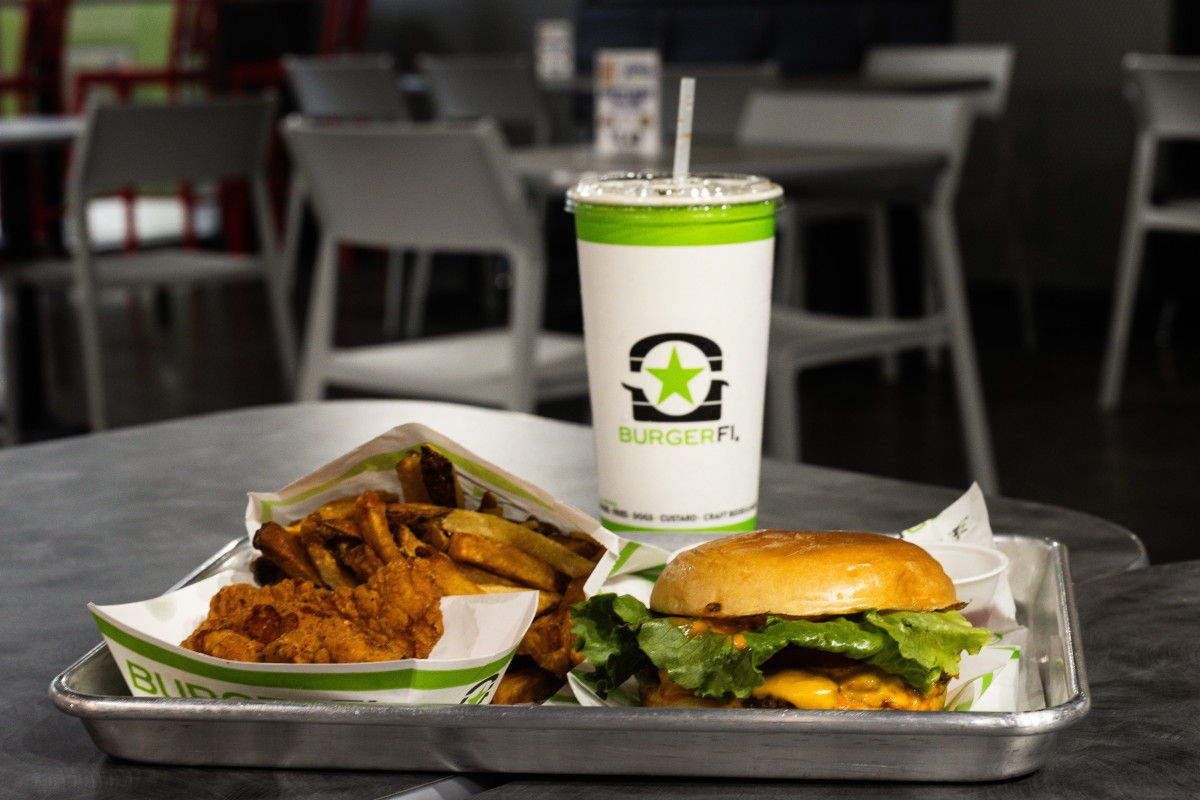
The fast-food industry has faced financial distress since the Covid-19 pandemic derailed the sector in 2020 as many restaurant chains have struggled to recover since the pandemic subsided.
The symptoms of fast-food chains' economic ills can be traced to financial problems such as rising interest rates that began spiking in late 2020 and caused companies' costs of debt and financing to increase.
Fast-food chains also faced rising inflation beginning in 2021 that increased businesses' costs for goods and labor, forcing many establishments to raise prices, which, in some cases, discouraged customers from patronizing businesses.
Related: Former bankrupt craft beer chain adds locations after closings
Fast-food franchise operators were some of the hardest hit in the industry with several operators of major national chains filing for bankruptcy.
Franchisee EYM, which operates 140 Pizza Hut locations in Texas, Wisconsin, and Ohio, filed its Chapter 11 petition in July 2024, since it didn't have enough capital to pay its franchise royalties to Yum Brands (YUM) .
Miracle Restaurant Group, an Arby's franchisee with 25 units in Illinois, Indiana, Texas, Mississippi, and Louisiana, filed for Chapter 11 protection in June 2024. The problem: the effects of the Covid-19 pandemic and the rising costs of products and labor expenses from inflation.
RRG Inc., a Popeyes franchisee that operated 17 locations in Georgia, in February 2024 filed for Chapter 11 protection in the U.S. Bankruptcy Court for the Southern District of Georgia, citing three underperforming locations for causing the company's distress.
In some cases, a fast-food chain franchisor was forced to sell its business in bankruptcy after suffering financial distress.

Savvy Sliders acquires BurgerFi
BurgerFi International's parent company TREW Capital Management, which purchased the fast-food chain owner out of bankruptcy with a $10 million credit bid in November 2024, sold the 85-unit BurgerFi brand to rival Savvy Sliders for an undisclosed amount in December 2024 after the burger chain exited bankruptcy, Nation's Restaurant News reported.
Related: Popular beverage chain files for Chapter 11 bankruptcy
TREW had also purchased Anthony's Coal Fired Pizza and Wings out of bankruptcy for $44 million in November and subsequently sold the chain to Burger King and Round Table Pizza franchisee Kuljeet Singh.
Detroit-based Savvy Sliders, launched in 2018, has 52 locations in Florida, Indiana, Louisiana, Michigan, Ohio, Tennessee, and Texas. It also has 60 Happy Pizza locations in Michigan and Ohio and nine Fat Boy's Pizza locations in Louisiana, Mississippi, and Texas.
More bankruptcy stories:
- Another major trucking company files for Chapter 11 bankruptcy
- Disasters force key energy company to file Chapter 11 bankruptcy
- Embattled home goods retailer plans to file Chapter 11 bankruptcy
BurgerFi, which owned and franchised 144 burger and pizza restaurants nationwide, on Sept. 11 filed for Chapter 11 bankruptcy protection after a turnaround plan, implemented in earlier in 2024, failed to produce the necessary results to prevent the filing.
BurgerFi closed underperforming restaurants
BurgerFi closed 19 underperforming corporate-owned locations and reduced related operating costs as part of its turnaround plan.
"Despite the early positive indicators of the turnaround plan initiated less than a year ago, the legacy challenges facing the business necessitated today's filing," BurgerFi CEO Carl Bachmann said in a statement about its filing.
BurgerFi and the company's Anthony's Coal Fired Pizza, faced a drastic decline in post-pandemic consumer spending because of sustained inflation and increasing food and labor costs. Those forces required the company to stabilize the business in a structured process, according to Chief Restructuring Officer Jeremy Rosenthal.
The Fort Lauderdale, Fla., company listed 144 locations of its two brands when it filed for bankruptcy with 76 franchised and 17 corporate-owned BurgerFi units and 50 corporate-owned Anthony's Coal Fired Pizza units, and one dual-brand franchise.
The 77 franchisee-owned restaurants were not included in the Chapter 11 bankruptcy.
The debtor listed $50 million to $75 million in total assets and $100 million to $500 million in liabilities in its petition, filed in the U.S. Bankruptcy Court in Delaware.
Related: Veteran fund manager delivers alarming S&P 500 forecast







